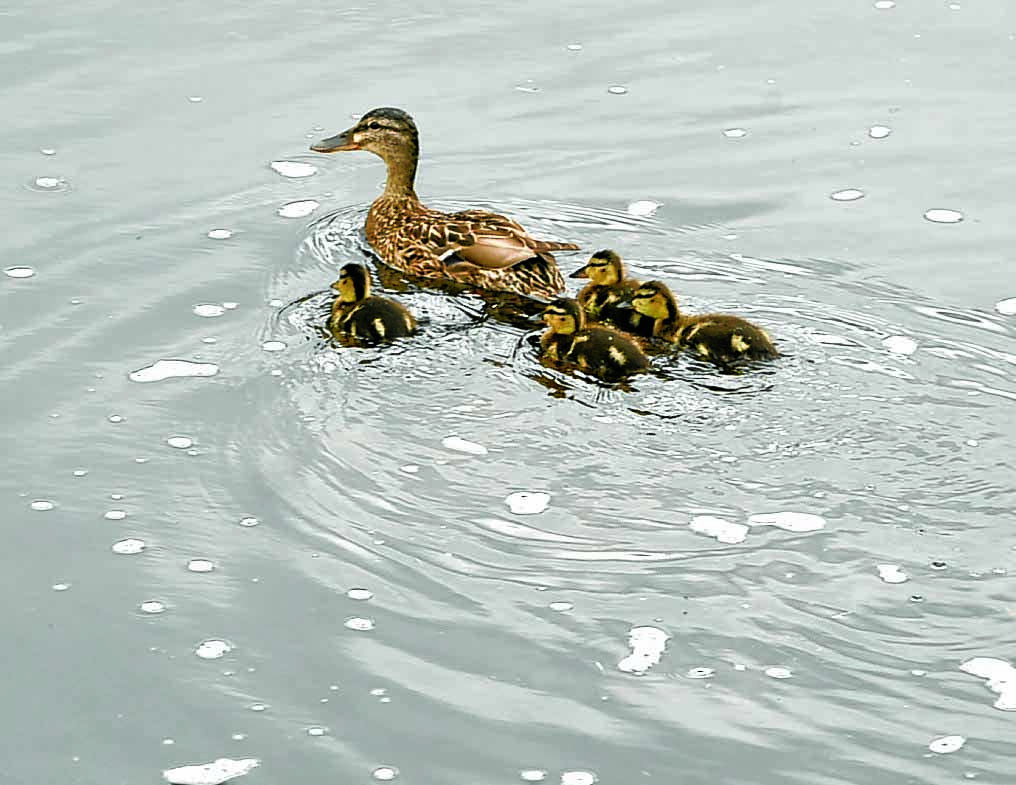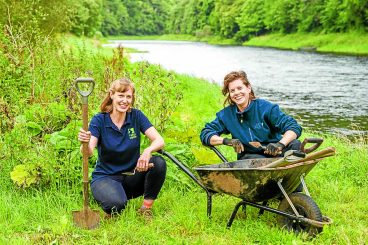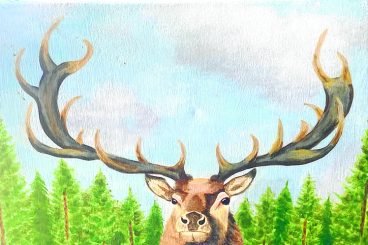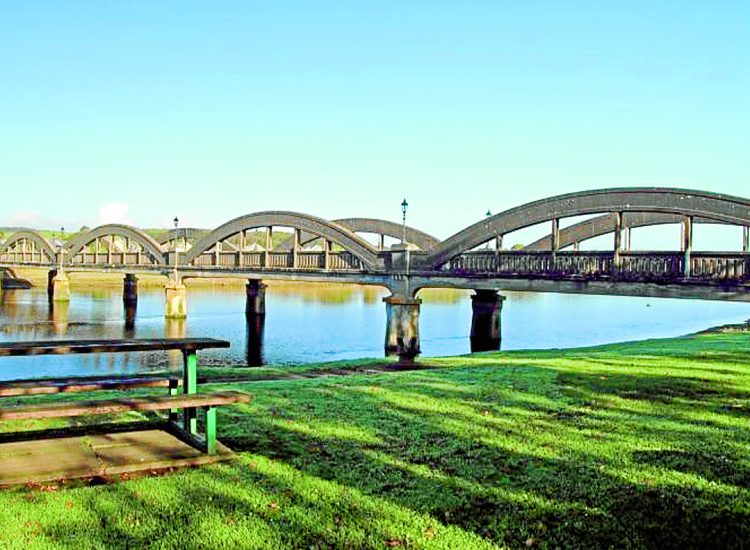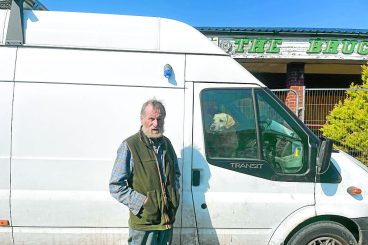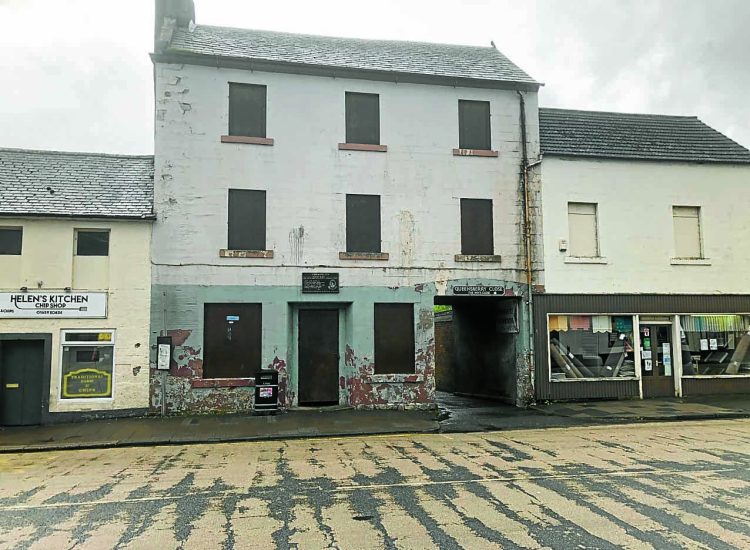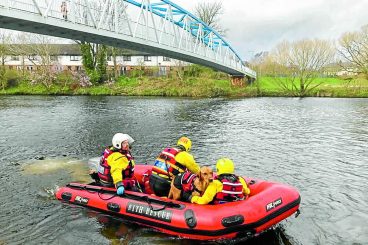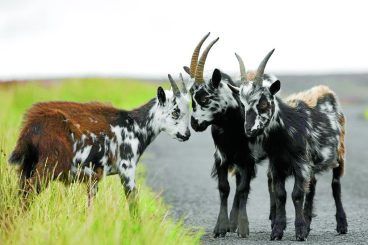Anyone with chickens or other captive birds, including game, must now take action on biosecurity to reduce the risk of disease spread.
- Keep free ranging birds within fenced areas, and ponds, watercourses and permanent standing water must be fenced off
- Cleanse and disinfect footwear and keep areas where birds live clean and tidy
- Minimise movement in and out of bird enclosures
- Reduce any existing contamination by cleansing and disinfecting concrete areas, and fencing off wet or boggy areas
- Keep domestic ducks and geese separate from other poultry
- Ensure the areas where birds are kept are unattractive to wild birds, for example by netting ponds, and by removing wild bird food sources
- Feed and water birds in enclosed areas to discourage wild birds.
Meanwhile, keepers with more than 500 birds will need to restrict access for non-essential people on their sites; workers will need to change clothing and footwear before entering bird enclosures and site vehicles will need to be cleansed and disinfected regularly to limit the risk of the disease spreading.
It comes after yet more reports of the disease, with more than 190 cases confirmed across the UK in the last year and 40 since the beginning of this month.
Public Health Scotland advises that the risk to public health from the virus is very low and Food Standards Scotland advises that avian influenzas pose a very low food safety risk for consumers. Properly cooked poultry and poultry products, including eggs, are safe to eat.
In a joint statement, the Chief Veterinary Officers for England, Scotland and Wales said: “Bird keepers have faced the largest ever outbreak of avian flu this year and with winter brings an even more increased risk to flocks as migratory birds return to the United Kingdom.
“The introduction of an AIPZ means that regardless of whether you keep a few birds or thousands, you are legally required to meet enhanced biosecurity requirements to protect your birds from this highly infectious disease.”
The zone will be in place until further notice and will be kept under regular review.
More information can be found at www.gov.scot/news/avian-influenza-prevention-zone-1 and reports of dead wild birds should be made to Defra’s national GB helpline on 03459 33 55 77.





